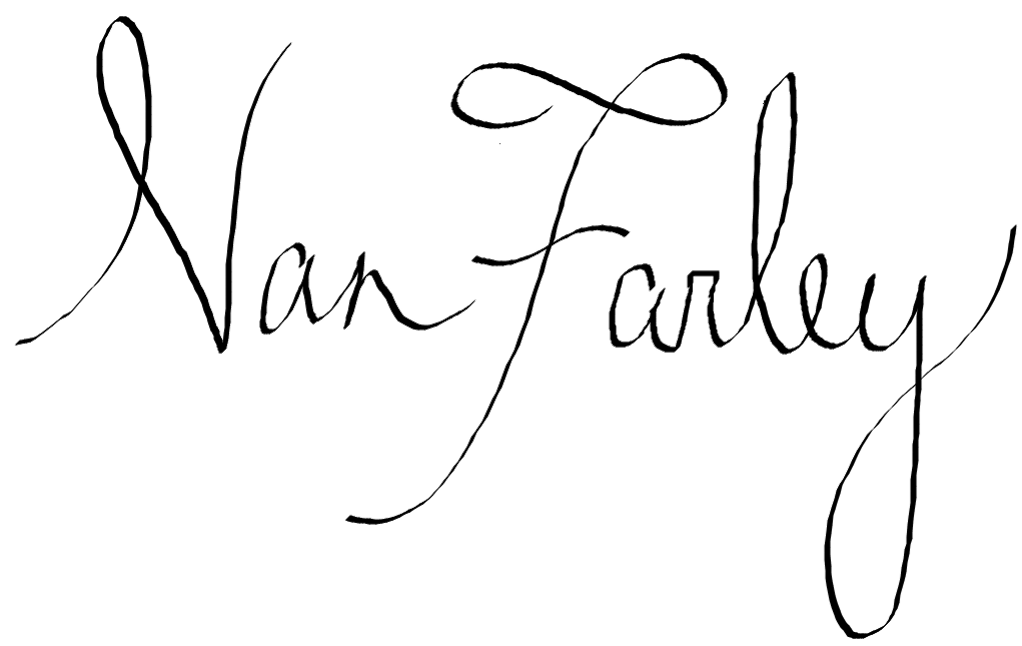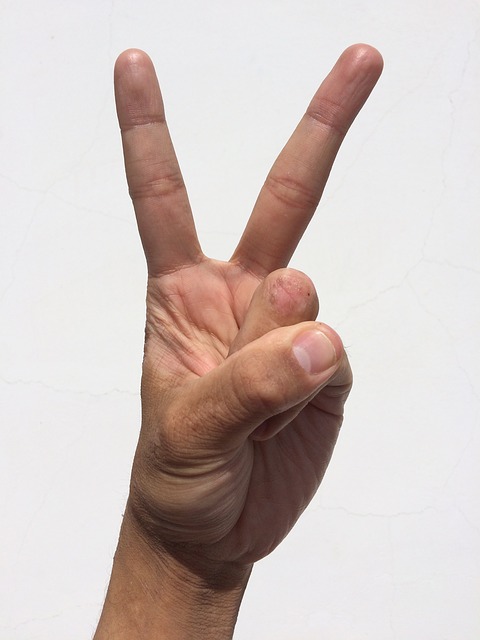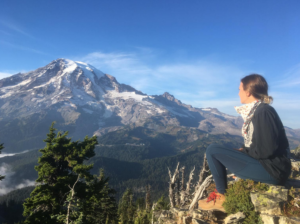COVID-19 is creating many new social and psychological experiences for our society…
In Anqing, China people are given tickets which allow them to leave their homes. Each household is only given one ticket every three days which allows one family member to run errands. My partner’s cousin CoCo, a government employee with legal matters in Anqing, has now become one of the ticket collectors and temperature monitors.
In Oakland, California while our jobs have not been entirely redefined (at least yet), the shelter in place order has required the majority of workers to work remotely. Incidentally, I wrote my UC Berkeley honors thesis about the social psychological experience of teleworkers back in 2015. Here is the abstract:
Abstract
This thesis analyzes the disparity between the number of jobs that are telework-compatible, or jobs that could be completed by employees primarily working from home via electronic devices, and the lack of more widespread telework adoption in the United States since the 1990’s. Results of this thesis indicate that telework adoption is not inhibited by technological capabilities, nor from a lack of demand from employees themselves. Moreover, teleworkers have a relatively positive social psychological work experience that enables greater work-life balance. The largest inhibitor of telework adoption is managerial resistance, though organizational theories suggest telework will be adopted to a greater extent. The interdisciplinary approach combining sociological, psychological, and organizational perspectives explains the significance of the current and future state of telework for employees, middle and top managers, voters, and legislators alike. This thesis also gives recommendations for future actions to be taken to implement telework to the desired extent.
This paper led me to the conclusion that telework wouldn’t be such a bad thing for people and would be a great thing for the environment. While Coronavirus has curtailed much more travel than simply working from home would reduce, the effects of less travel have already been striking – and visible. Air quality, water quality, increased fauna & flora and more. The water in the Venice canals is clear! Nasa images of NO2 density in China and elsewhere show major reductions from previous unsafe levels.
Here are the projected implications I considered and calculated (just from increased work from home in the US):
Implications
While originally seen as a solution to traffic congestion (Nilles, 1), telework as a sociological shift has implications on a global scale. I have categorized these extensive effects into three sections: environmental, structural, and social ramifications of telework. The statistics calculated by Telework Research Network reference the hypothetical situation if telework were adopted to the maximum desired extent possible. They found this figure by multiplying 40 percent of American workers in 2010, “the amount of workers who could work from home at least part of the time” by 79 percent, the percent of that population that would choose to telework “if given the opportunity” (Lister, 5). Environmentally, if telework were adopted to the maximum desired extent possible, green-house gas emission would be reduced by 28 million tons from office construction and 312 million tons from energy saved annually (Lister, 16). In addition, approximately 289 million barrels of oil, or 36.6 percent of oil imports to America from the Persian Gulf, would be saved annually (Lister, 16). This leads me to the structural implications of increased adoption of telework. With less need for oil, America would be positioned to decrease dependence on foreign entities and, in turn, decrease economic and political vulnerability (Lister and Harnish, 23). Also highlighted in the 2013 annual Status of Telework in the Federal Government Report to Congress, telework enables improved “emergency responsiveness” (1). Telework has literal structural effects such as making transportation infrastructure last longer and saving taxpayer dollars in the process (Lister and Harnish, 23). Socially, telework provides more job opportunities for people with disabilities (DiMartino and Wirth, 532). Telework can also assist rural development and spur economic activity (DiMartino and Wirth, 532). Additionally, since more than 25 percent of vehicle accidents occur during the commute to and from work, less commuters and more telecommuters would naturally mean fewer vehicle-related injuries and casualties (Lister, 16). While these are the primary effects mentioned across the literature, telework may have other unintended or unrealized implications as well.
One thing that a fellow climate organizer said that stuck with me was “We asked for this. We asked for something that would stop business as usual and benefit the climate.” I feel conflicted over this statement because on the one hand, this pandemic has affected everyone to at least one degree of separation, inciting fear and causing widespread death – much of which is sadly still to come. On the other hand, the global crisis of COVID-19 may offer a space for our society to grow and improve in so many ways…
We, humans,
- Tackle a global issue at the speed and scale necessary
- Realize our politicians don’t always take necessary preemptive action (Trump, Bloomberg) and that we need to demand it
- Embrace science, as it is the key to our survival
- Acknowledge how social we are and connect with one another

Source: https://www.facebook.com/photo.php?fbid=3186441504702359&set=p.3186441504702359&type=3
We, as a society,
- Recognize the need for healthcare
- Redistribute wealth such that an economic downturn isn’t disastrous (Universal Basic Income!)
- Feel the importance of resilient, connected communities especially at a local level
- Respect each other with in times of crises
- Use opportunities of social upheaval to restructure ourselves for social, economic, and environmental justice
- Other implications? text me them!
I hope this post helps you reflect on our work, social and literal environments. May this new perspective (or perhaps a perspective you already had, but just written) help you view this pandemic as a catalyst for the much needed change and the long battle we’re going to have to fight for climate, green jobs, and justice.
-Nanmund
Hungry for more? Here is the full thesis. Below is a beautiful poem.
An Imagined Letter from Covid-19 to Humans (Kristin Flyntz)
Stop. Just stop.
It is no longer a request. It is a mandate.
We will help you.
We will bring the supersonic, high speed merry-go-round to a halt
We will stop
the planes
the trains
the schools
the malls
the meetings
the frenetic, furied rush of illusions and “obligations” that keep you from hearing our
single and shared beating heart,
the way we breathe together, in unison.
Our obligation is to each other,
As it has always been, even if, even though, you have forgotten.
We will interrupt this broadcast, the endless cacophonous broadcast of divisions and distractions,
to bring you this long-breaking news:
We are not well.
None of us; all of us are suffering.
Last year, the firestorms that scorched the lungs of the earth
did not give you pause.
Nor the typhoons in Africa,China, Japan.
Nor the fevered climates in Japan and India.
You have not been listening.
It is hard to listen when you are so busy all the time, hustling to uphold the comforts and conveniences that scaffold your lives.
But the foundation is giving way,
buckling under the weight of your needs and desires.
We will help you.
We will bring the firestorms to your body
We will bring the fever to your body
We will bring the burning, searing, and flooding to your lungs
that you might hear:
We are not well.
Despite what you might think or feel, we are not the enemy.
We are Messenger. We are Ally. We are a balancing force.
We are asking you:
To stop, to be still, to listen;
To move beyond your individual concerns and consider the concerns of all;
To be with your ignorance, to find your humility, to relinquish your thinking minds and travel deep into the mind of the heart;
To look up into the sky, streaked with fewer planes, and see it, to notice its condition: clear, smoky, smoggy, rainy? How much do you need it to be healthy so that you may also be healthy?
To look at a tree, and see it, to notice its condition: how does its health contribute to the health of the sky, to the air you need to be healthy?
To visit a river, and see it, to notice its condition: clear, clean, murky, polluted? How much do you need it to be healthy so that you may also be healthy? How does its health contribute to the health of the tree, who contributes to the health of the sky, so that you may also be healthy?
Many are afraid now.
Do not demonize your fear, and also, do not let it rule you. Instead, let it speak to you—in your stillness,
listen for its wisdom.
What might it be telling you about what is at work, at issue, at risk, beyond the threats of personal inconvenience and illness?
As the health of a tree, a river, the sky tells you about quality of your own health, what might the quality of your health tell you about the health of the rivers, the trees, the sky, and all of us who share this planet with you?
Stop.
Notice if you are resisting.
Notice what you are resisting.
Ask why.
Stop. Just stop.
Be still.
Listen.
Ask us what we might teach you about illness and healing, about what might be required so that all may be well.
We will help you, if you listen.



 out
out